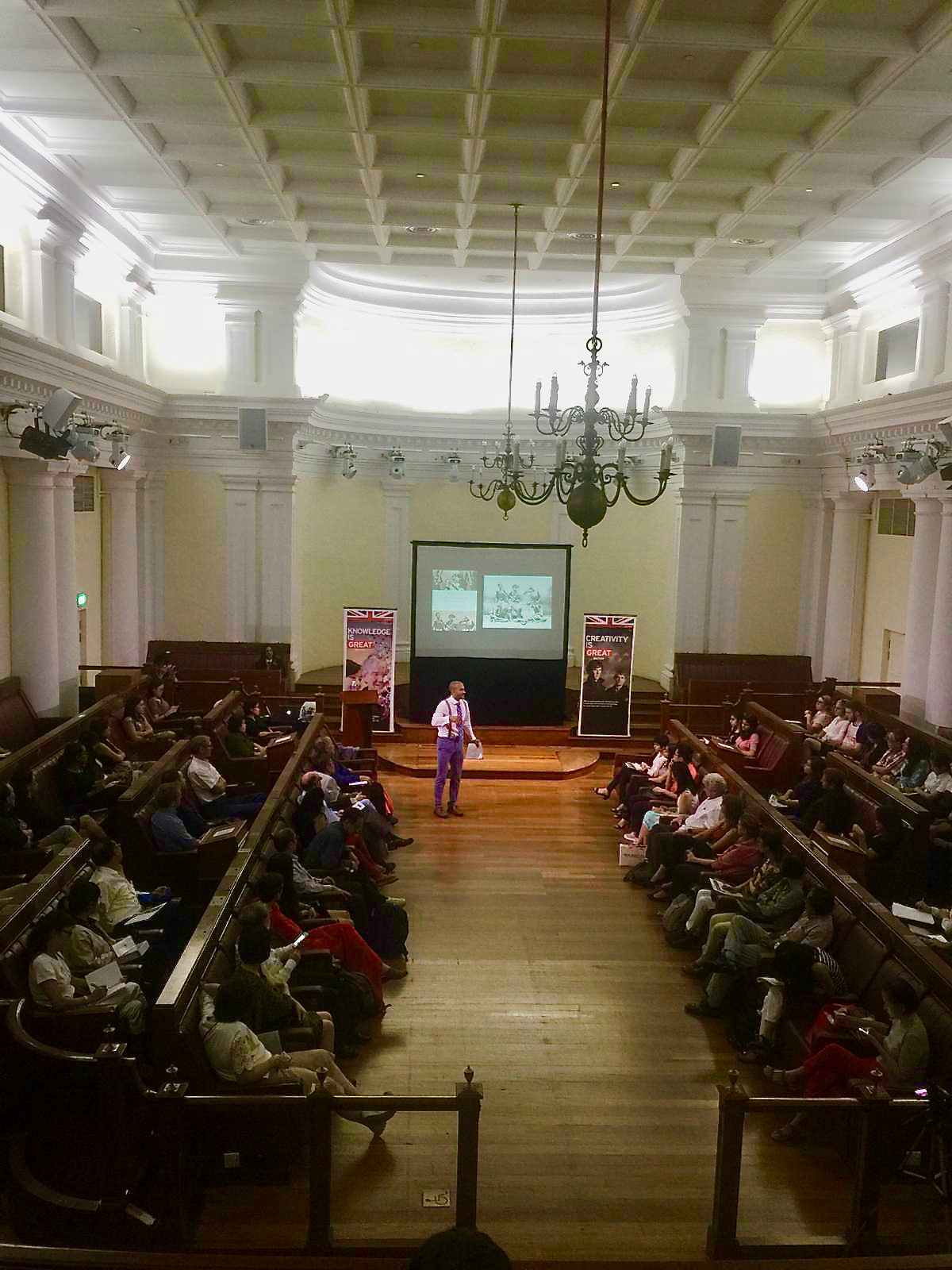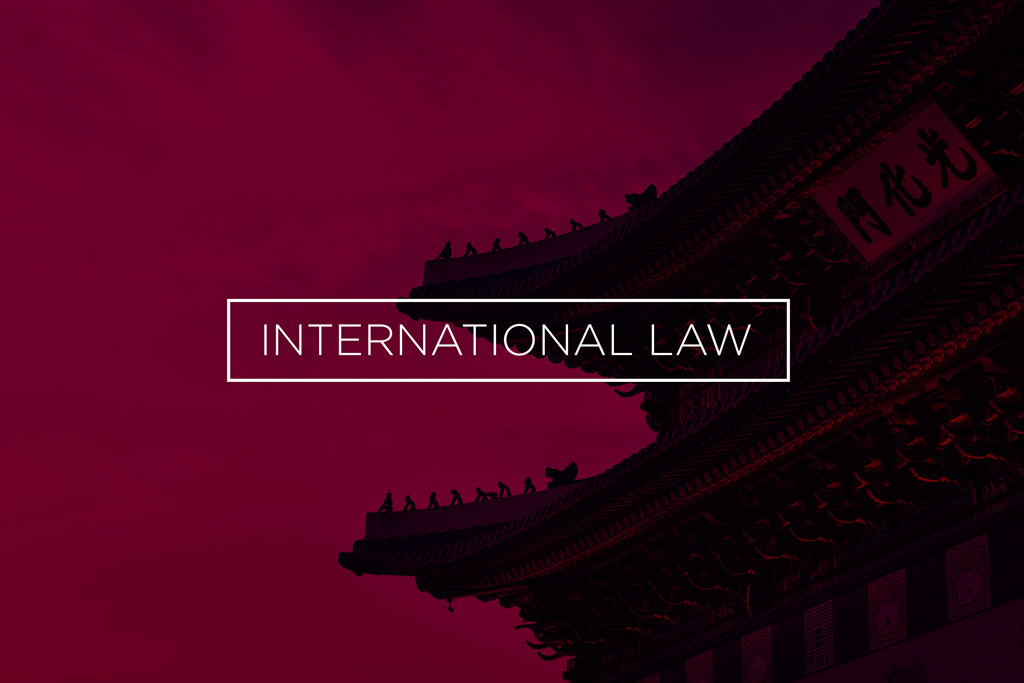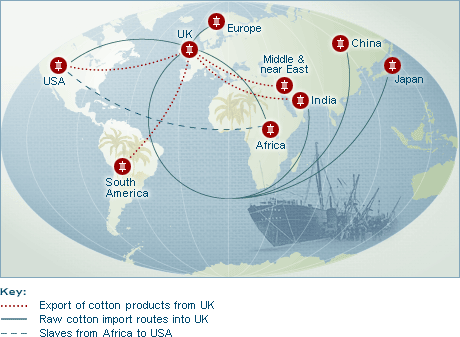
Fighting for Equality or Managing Inequality?
[Apologies for my absence from this blog. I was distracted with professional writing obligations but have a little more time to dedicate to public prose.]
1- On a recent trip to Singapore, I delivered a lecture on inequality entitled Profiting from Disparity. The talk was informed by research I am presently carrying out on the relationship between law and exploitation. Since I will prepare a video lecture on the subject, I will refrain from delving too deep into the details of the argument and, instead, speak to the realisations I made following a series of interventions from a lively and informed crowd.
2- Distilling the talk into a single statement is difficult; I did speak for an hour (though perhaps the jokes and tangents dragged it out longer than necessary!). In essence, I made the case that exploitation – which I define as taking wrongful advantage of someone to satisfy your own ends – is systemic in modern capitalist society and is ultimately sanctioned by law. Equality rights, specifically the right to economic equality, is ultimately meaningless as poverty is the inevitable counter-balance to prosperity. I corroborated this claim in three stages. First, by highlighting the finite nature of global resources (there are only so many fish in the sea). Second, by explaining that capitalism involves the conversion of resources into productive capital and the accumulation, perhaps consolidation, of the ensuing value. In this way, the act of accumulating more – think Bezos, Gates, and Zuckerberg – immediately reduces what is available for others. And, third, by detailing the way in which capitalists extract surplus value from labour, creating an inverse relationship between the drive to accumulate and the goal of equality: in short, the more capitalists accumulate, the greater the inequality we will experience (as is evidenced by the world inequality report).
So a paragraph rather than a statement was needed!
3- From this presentation came a series of questions and comments, three of which stuck with me and which are likely to influence the direction of my research:
A- Are there not different types of equality? The question was posed by a young person who remarked that (middle class) women achieved equality in the household and workplace by employing (perhaps exploiting) Filipino nannies. To make an omelette, you must break a few eggs.
B- If equality is not possible, then what am I advocating for? This question was sparked by my concluding remarks about the inevitability of exploitation and the fallacy of equality.
C- Is managing inequalities rather than pursuing equality not a more legitimate aspiration? Posed informally over snacks.
4- I admit that I fluffed the second question. I began by saying something silly about no longer working as an advocate – I have not litigated a case in a decade – having given up the practice of law for the research of law. The second part, which I should have said, was that my aim is to challenge the equality industry. If equality is unattainable due to the nature of capitalism, then we are participating in a fool’s errand. What is worse, the pursuit of equality appears as a form of pacification rather than transformation: devise a wild goose hunt and send the masses scurrying endlessly. By denying the fallacy of equality in a capitalist economy, we perpetuate the very inequality and poverty we supposedly want to end. As I reflected on the question later that evening, I came to recognise that this is my goal.
5- This response leads me to the first question which, reframed, comes out as: is it acceptable for a disadvantaged group to exploit an even more disadvantaged group to achieve a greater level of privilege or prosperity or equality? To the author of the question, I pointed out that the road to hell is paved with good intentions. I understand their desire to enhance their own well being but I think it self-evident that some people would take issue with the claim that we must exploit others to achieve justice. I quoted Martin Luther King Jr when he proclaimed that injustice anywhere corrupts justice everywhere. Unfortunately the young person departed the room shortly thereafter so I suspect I offended them with my response!
6- In hindsight, I stand by what I said. There is something insidious in declaring that the fight to equality must be littered with the corpses of Filipino nannies. Perhaps the fight for some people’s equality is so paved but I am not sure that we are even speaking about equality any more. What I would add to this is the theme running through the third question.
7- So long as we persist with a capitalist model of social organisation, and there is nothing to suggest that this is in doubt (even when we factor in the hiccoughs neoliberalism is experiencing), then equality is impossible: the economic disparities that capitalism creates will produce disparities in political influence meaning laws that privilege one group at the expense of many others. To use the ASEAN region as an example, consider the second-class status that Chinese-Malaysians possess (suffer) in Malaysia.
8- A more sincere aspiration then, and one that can prove uplifting, is the management of inequalities. While this sounds painfully retrograde, it holds more promise than the search for the fountain of equality. We acknowledge that our economic system is certain to produce a handful of success stories but that the endless pile of corpses that ensues is a price too high to pay. We then re-introduce some of the measures that exemplified the post-war democratic capitalist period and develop new ones to mediate inequalities that capitalism generates. Managing inequality is not as sexy as fighting for equality but at least the former has the advantage of possibility.



